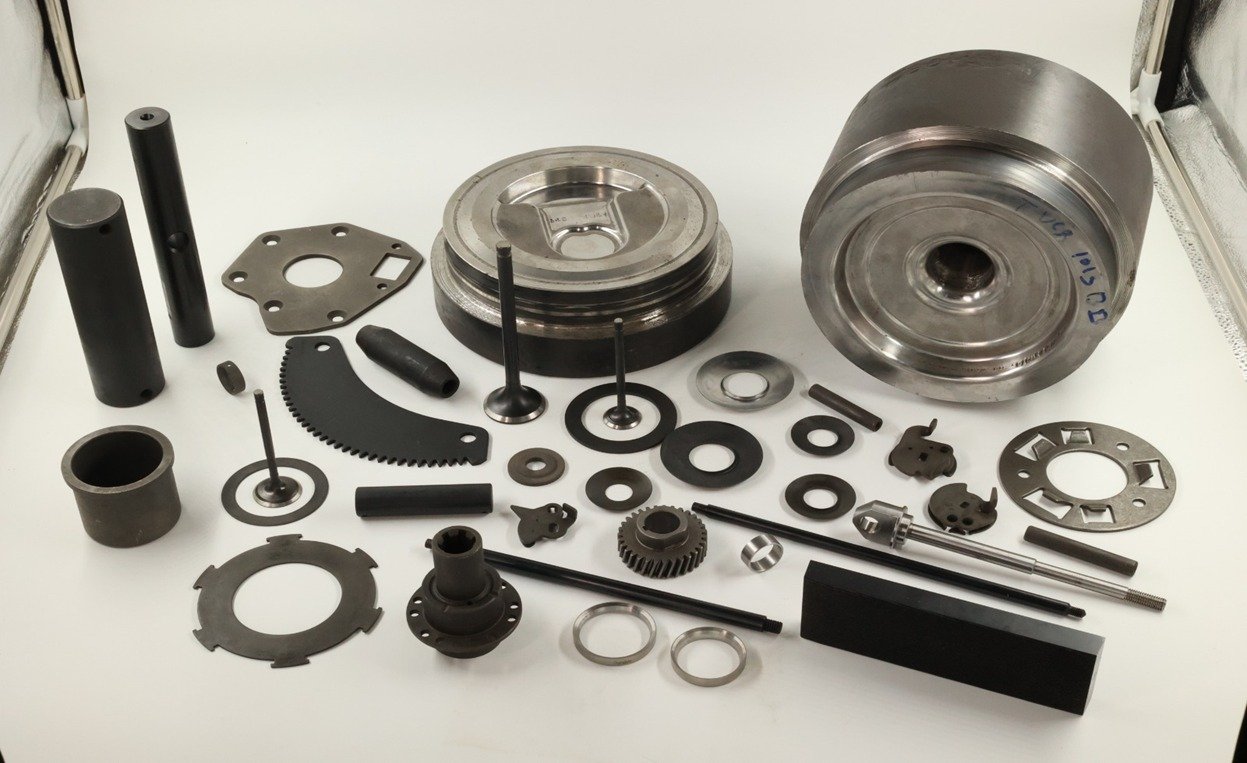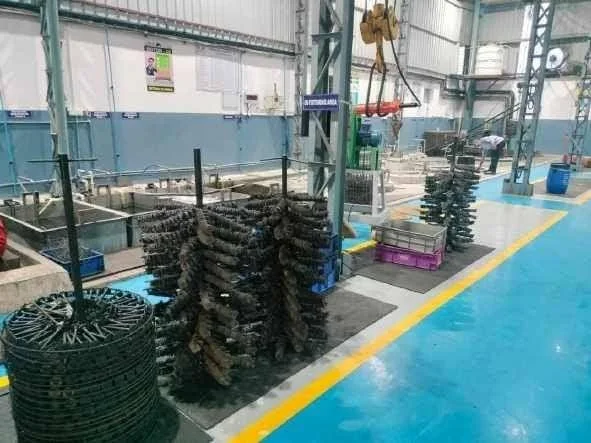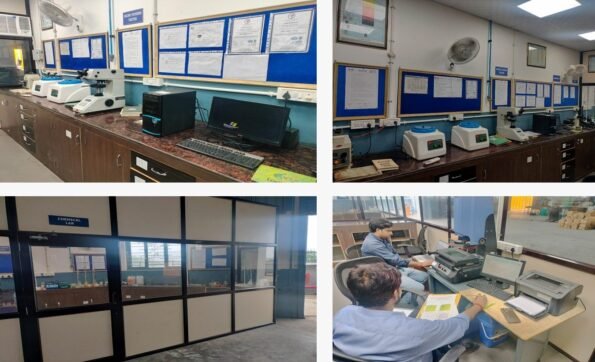Liquid Nitriding – A Versatile Surface Treatment Solution by BLW Engine Valves
Liquid nitriding, also known as L.C.N, Oxy-nitrocarburizing, Sursulf, Isonite, Pulsonite, Arcur, Teniffer, Oxynite, Nopo, Tuff-Riding, and Nitrocarburizing, is a top alternative to chrome, especially in rod form. After establishing our new plant in the Indian and overseas markets for BLW Engine Valves and automobile parts, we have become the go-to choice for surface treatment services as a tier 2 vendor. Our advanced Nopo nitriding process significantly enhances corrosion resistance, clearing salt spray tests for up to 200 hours, ensuring superior quality and performance in demanding environments.
Contact Us
Liquid Nitriding Components
- Sheet Metal Components
- Shock Absorber Rod
- Clutch Friction Discs
- Pump Body & Impellers Parts
- Injector Pins
- Thread Rolling Dies (M1, M2)
- Gears/Splined Shafts
- Aluminum, Extrusion Dies
- Wind Screen Wiper Shafts
- P.D.C / Forging Dies H-11, 13
- Engine Valves
- Valve Seat Inserts
- Universal / Ball Joints
- Telescopic cylinders
- Differentials
- Cams / Crankshafts
- Rocket Shafts
- Fasteners
- Carburetor Components
Inspection Facilities at BLW – A Leading Liquid Nitriding Service Provider in Delhi NCR
Liquid nitriding is a diffusion process that transforms the surface of metal components. Nitrogen atoms integrate with the material, creating a highly durable surface that resists wear, flaking, and peeling, ensuring enhanced longevity.
Surface Integration
The diffusion process ensures the nitrided layer becomes part of the base material, providing a robust, wear-resistant surface.
Corrosion Resistance
The nitrided and oxidized surface exhibits excellent corrosion resistance, making it suitable for demanding environments.
Our State-of-the-Art Equipment
- Profile Projector
- Roughness Tester
- VMM (Reverse Engg.)
- Specific Fixtures
- Micro Vickers Tester
- Specimen Mounting press
- Portable Hardness Tester
- Digital micrometre
- Microscope (Upto 100x)
- Chemical Analysis lab

BLW's Commitment to Quality
As a leading Liquid Nitriding Service Provider in India, BLW rigorously inspects each component using advanced technology to ensure precise nitrided layer depth and uniformity. This dedication to quality makes BLW a trusted partner for superior surface treatment solutions.
What is the difference between Liquid Nitriding and Liquid Carbo Nitriding?
Liquid Nitriding
Chemical Composition:
This process primarily introduces nitrogen atoms into the surface of the metal. The liquid medium used contains nitrogen-rich salts, which diffuse nitrogen into the metal's surface.
Resulting Properties:
The primary result is a hardened case with excellent wear resistance and surface hardness. It also enhances fatigue strength. This makes it suitable for parts like valves and gears, where wear resistance is crucial.
Applications:
Commonly used for components that need high wear resistance but may not necessarily need high toughness, such as gears, shafts, and certain types of bearings.
Liquid Carbo Nitriding
Chemical Composition:
This process introduces both nitrogen and carbon atoms into the metal surface. The liquid medium contains a combination of nitrogen and carbon-bearing compounds, leading to the diffusion of both elements into the surface.
Resulting Properties:
This process results in a case that not only has improved surface hardness and wear resistance but also increased toughness and impact resistance due to the presence of carbon. It's ideal for parts like springs and pins, which require high-impact resistance.
Applications:
Preferred for parts that require a balance of wear resistance and toughness, such as springs, pins, and fasteners that are subjected to high-impact loads.
In summary, the main distinction lies in the elements diffused into the metal and the resulting mechanical properties, with liquid nitriding focusing more on wear resistance and liquid carbo-nitriding enhancing both wear resistance and toughness.

